
The City of Mandurah voted to phase out single-use plastics with the help of local businesses.
The City of Mandurah Council voted to phase out single-used plastic city wide during a meeting on Tuesday evening.
Under the initiative the City plans to engage local businesses in an opt-in campaign to reduce the use of single-use plastic in all aspects of Mandurah life.
Mayor Rhys Williams said Mandurah was already a leader in environmental protection, but more could be done.
“Every piece of plastic that has ever been made still exists, so how can we not support a single use plastic free future? We have the most beautiful waterways as well as an abundance of environmental assets and we have to protect them," he said.
“The impact of our behaviour in our community affects us on a global scale. If we start making small changes at home, in our businesses, and within our community the impact is immense.
“By phasing out single-use plastics across our organisation, and providing an opt-in opportunity for local business to engage in their own plastics reduction efforts, we are role modelling to our community the actions required to keep our local environment strong and healthy.
Mayor Williams said students at Mandurah Baptist College were to thank for getting the ball rolling on Tuesday night's motion and vote.
“On their return from a national Kids Teaching Kids conference, the young people addressed Council. Their passion for the environment and their clarity on the dangers that plastics present for our environment was inspirational – they were the real drivers of this idea,” he said.
“This motion is another example of a citizen-led initiative – I encourage all of the community to have their say, and I can assure you all there will be many opportunities to do so as we move forward with a new vision for Mandurah."
On an even bigger scale, the City of Mandurah has formed a partnership with the Rivers Regional Council to build a waste to energy plant in Kwinana.
The City currently sends approximately 43,000 tonnes of general municipal waste each year to landfill.
The new plant will process this quantity of waste and convert it into electrical energy, which will be returned to the Western Power grid in Kwinana for re-use.
The City currently recycles and recovers 25 per cent of its waste stream through its existing recycling services and this will increase to around 85 per cent with the new Energy plant.
The facility, which will be the first of its kind in Australia, will be able to process 400,000 tonnes of waste a year.



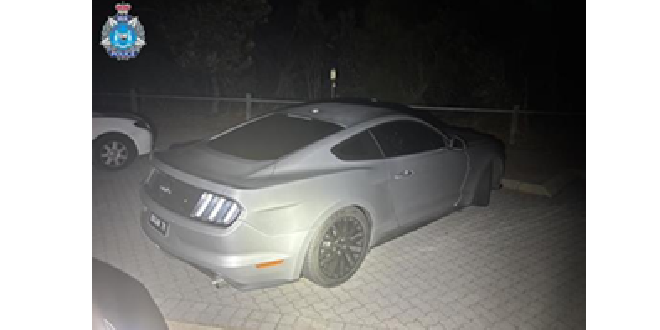 Stolen Ford Mustang linked to southern suburbs incidents
Stolen Ford Mustang linked to southern suburbs incidents
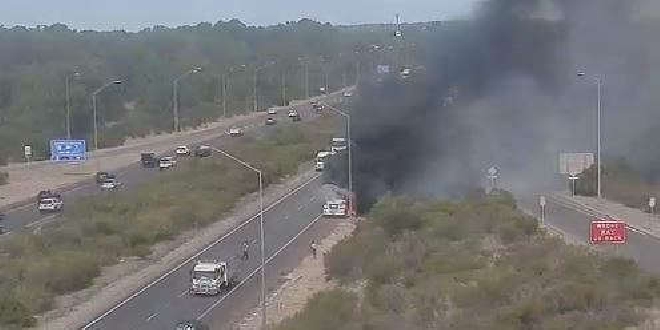 Baldivis: Truck fire forces closure of Kwinana Freeway
Baldivis: Truck fire forces closure of Kwinana Freeway
 Concerns for missing Baldivis girl
Concerns for missing Baldivis girl
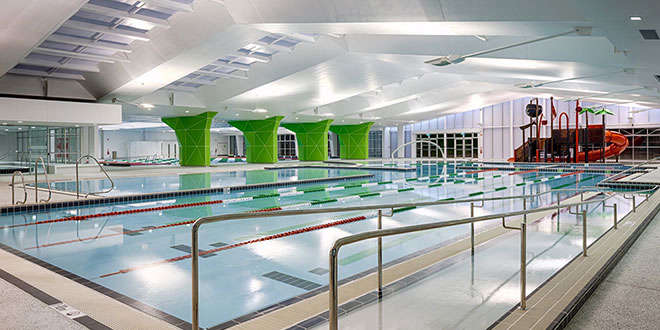 MARC leisure pool, pirate playground to close for several weeks due to maintenance works
MARC leisure pool, pirate playground to close for several weeks due to maintenance works
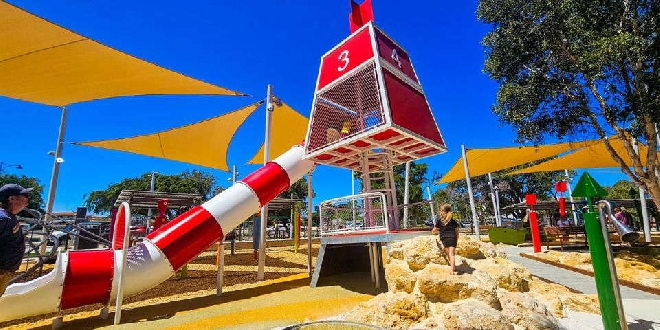 Petition launched to change new Eastern Foreshore playground due to safety concerns
Petition launched to change new Eastern Foreshore playground due to safety concerns
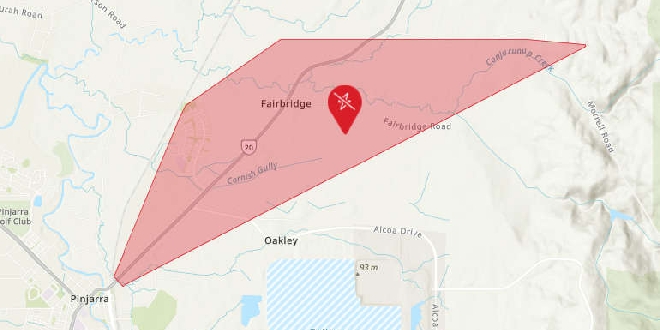 Parts of Pinjarra, Fairbridge without power
Parts of Pinjarra, Fairbridge without power
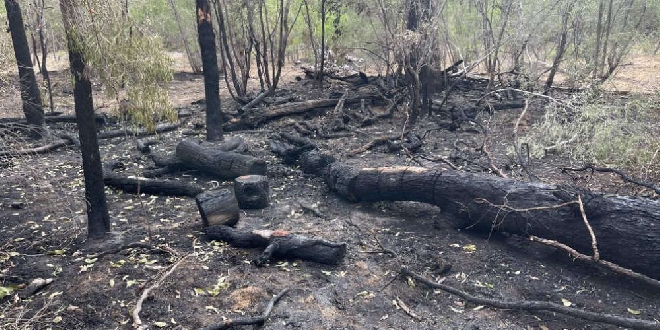 Bouvard scrub fire deemed suspicious
Bouvard scrub fire deemed suspicious
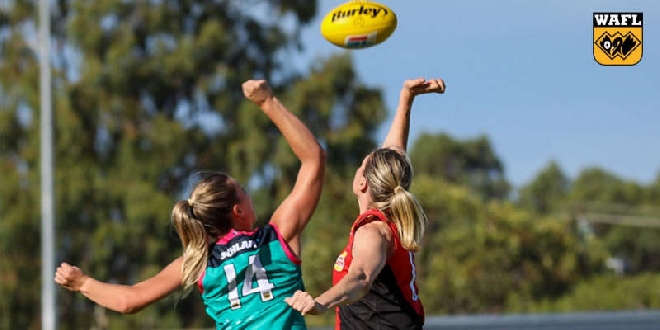 Peel Thunder crush Perth in WAFLW season opener
Peel Thunder crush Perth in WAFLW season opener
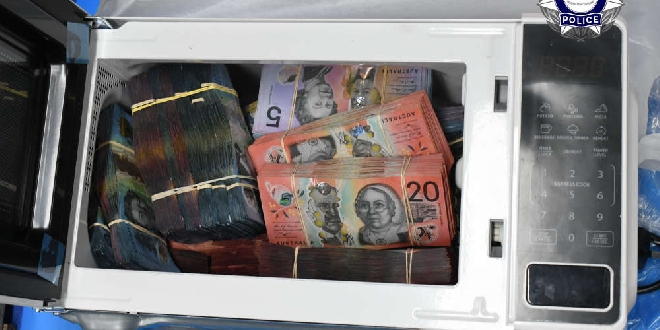 Baldivis man charged after AFP seize haul of cigarettes, vapes, $2.6M cash
Baldivis man charged after AFP seize haul of cigarettes, vapes, $2.6M cash